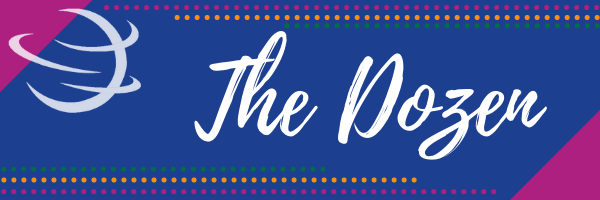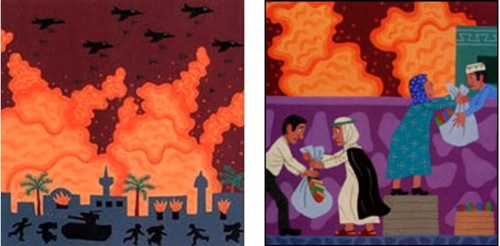By Kathleen Crawford-McKinney, Wayne State University, Detroit, MI
I have been thinking more intently on what it means to be responsible to others. What do we, citizens of the world, have the right to do, or be? Over the past several months we watched people being incarcerated for minor infractions or their cities and lands taken away from them. I wonder who has this type of right to act in these ways to others. Who is responsible for ensuring that these missteps don’t occur in places where people think differently than within our own communities? What would we do, or what should we do if our rights are stepped upon? Who is responsible for taking care of others?
Students in classrooms know their rights and question them within their families and school settings. I hope that they will also push themselves to be responsible to and with each other. To move beyond being kind to each other and to think more broadly about the world. In several of the previous months the themes of the Dozen has encouraged us to think more deeply about the current political world. This month continues with this focus by examining books where the characters look at being responsible to families, to communities, to our environment and to our world. Continue reading



